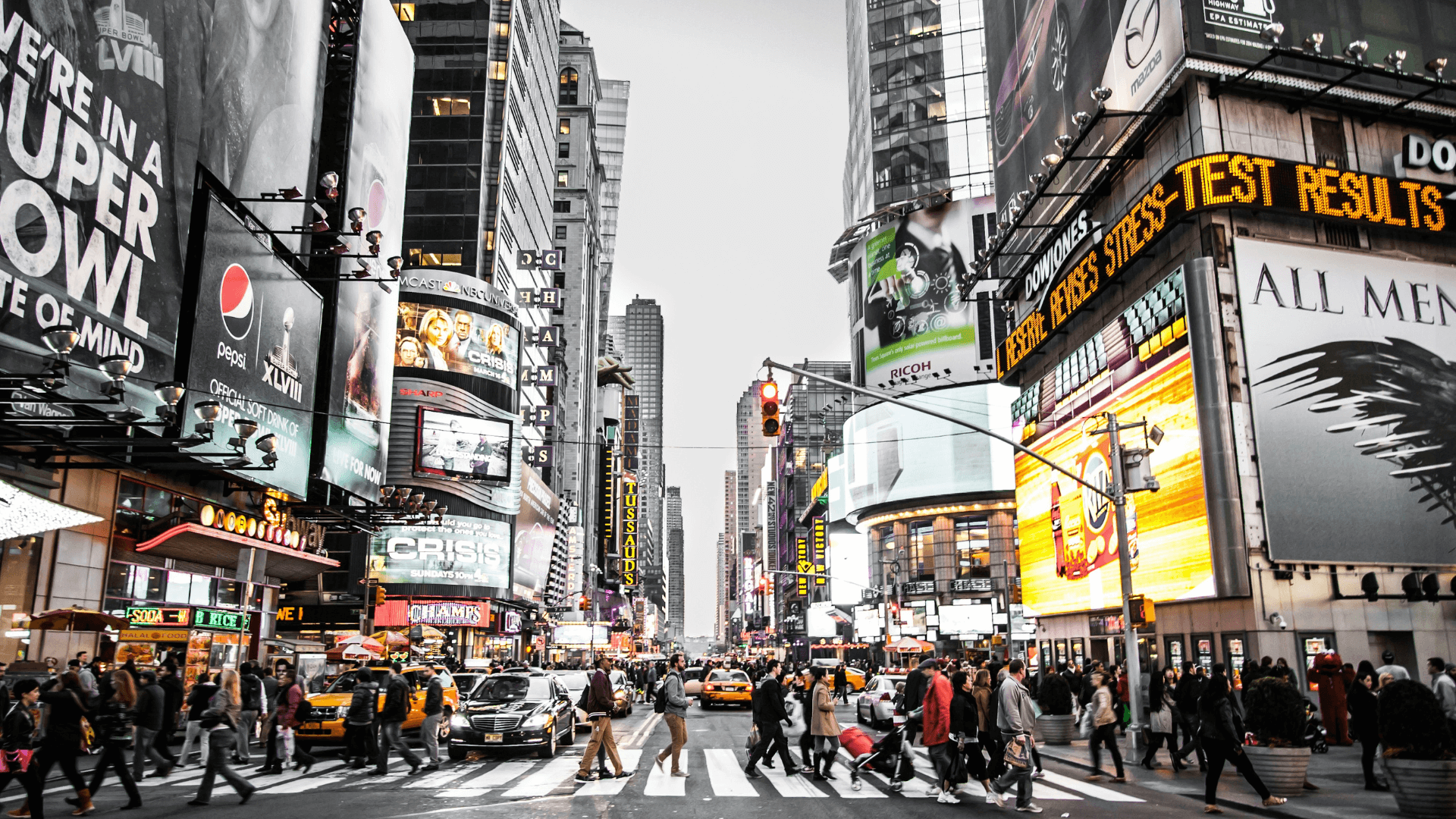Recent studies have found associations between inflammation, environmental circumstances, and lifestyle factors. While this research has reconceptualised the link between inflammation and ageing, it has also revealed how a lack of choice for young working-class people will result in negative health consequences not just now, but in the long term.
With the recent heatwave the UK has been facing, you might have spent a weekend stripped off and sweating, moving only to align your face with the breeze from the standing fan, your last hope of any kind of relief short of taking a dunk in a bath filled with ice cubes. As I write this, patting periodically at my glistening forehead, I can attest, it is, most definitely, hot.
However, the sun’s rays aren’t the only physical heat many of us are experiencing. Many people live with chronic inflammation. In fact, according to the National Library of Medicine, ‘chronic inflammatory diseases are the most significant cause of death in the world’. What’s more, inflammation as a symptom was previously thought to have been exacerbated by ageing, known as inflammaging.
Contrary to this perception, a study published by Nature Aging has revealed that inflammation might not be as much a part of getting older as it is a consequence of current environmental circumstances and lifestyle factors. More specifically, researchers found that those living in industrialised societies displayed higher age-impacted inflammation levels compared with those from Indigenous communities.
As Nature reports, this research was carried out using ‘blood samples from people living in Italy and Singapore, along with those from Indigenous participants living in non-industrialised or semi-industrialised communities in Bolivia and Malaysia’, over half of whom were female. In these latter communities, inflammation related health conditions such as Alzheimer’s disease, diabetes, and heart problems are much rarer than in urban centres.
The results have prompted anthropologists and researchers to reconsider ‘the whole nature of inflammation, altering previously held conceptions that ‘inflammation is an inexorable, inevitable part of ageing.’ Like stress-related disorders, addiction, and cardiovascular disease, to name a few, inflammation is likely to be yet another capitalogenic symptom. Like capitalism, at least this means it is somewhat reversible.



















